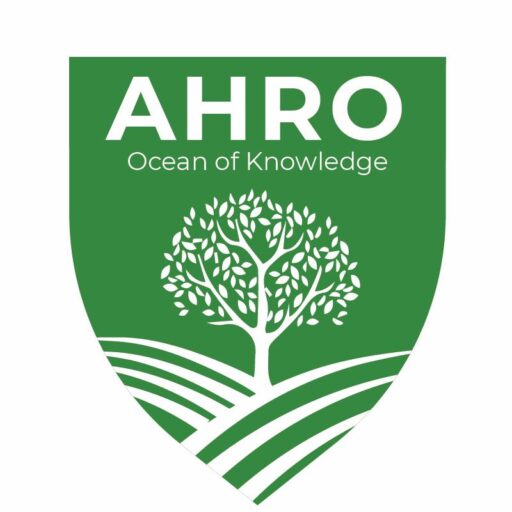
This CRF FAQ intends to be a guide for prospective students and volunteers. It covers general questions AHRO clinical research facility.
Clinical research is the process of creating new innovative treatments, increase medical and scientific knowledge, and develop better patient care for present and future generations.
It is able to show us:
· If a new treatment is safe to use in humans
· If the treatment works
· If the treatment does work, is it better than the treatment that is currently being used and are there fewer side effects
Without clinical research, we would not have treatments such as vaccines and medications for oncology, COVID-19, pain, etc
A clinical research facility is a purpose-built unit that is specially designed to run clinical trials/clinical research studies ranging from outpatient visits to high intensity, residential stays.
There are many benefits of volunteering for clinical trials/clinical research studies. Healthy volunteers may choose to participate to contribute to science and the understanding and medical knowledge of certain conditions. For patients, volunteering may also help the treatment of their condition and access better care. Volunteering in a clinical trial/clinical research study is a personal choice and everyone has the right to withdraw at any time. Occasionally, the health tests carried out during the study may identify medical conditions of which you were previously unaware; these may be shared with your doctor for further discussion.
Clinical trial/clinical research studies are carefully designed, approved, and monitored to reduce any risks to volunteers. Our staffs all work to Good Clinical Practice (GCP) standards and volunteer safety is the main concern. Every study is reviewed and approved by an independent ethics committee; they are responsible for ensuring the protection of the rights, safety, and wellbeing of all volunteers. In the CRF, our studies are conducted under the strict supervision of qualified doctors and nurses.
We undertake trials/studies in various research areas, including cardiovascular, dermatology, medical devices, infectious diseases, nutrition, oncology, and vaccines. Studies can be either interventional (for example, giving a medicine or other treatment) or observational (for example, watching sleep patterns without giving any treatment). We also undertake evidence-based research.
The ACRF holds a recruitment database of volunteers interested in participating in clinical trials/clinical research studies. Signing up to our database is voluntary and you may be contacted, usually via e-mail, to let you know about trials/studies you may be suitable for.
Your details will be kept in accordance with GDPR and if you would like further details about this please refer to our privacy notice. If you take part in a trial/study, we assign a unique reference number (trial/study number) to you and use this to identify your data instead of your name.
It is up to you to decide to join the trial/study. You are free to withdraw at any time, without giving a reason. This will not affect the standard of care you receive. You should only volunteer if you have the time to complete the whole trial/study. If you decide to withdraw, you may be asked to return to the ACRF for a final follow-up visit.
If your contact details have changed or you no longer want to be registered with us, please contact the recruitment team via our e-mail recruitment@afhro.org
Some trials/studies provide both compensation for your time and travel, however this is trial/study dependent. These payments may be liable to income tax and affect any benefits you may receive. This payment should be declared to HM Revenue & Customs under self-assessment, but please be aware declaring the payment as income is the responsibility of the volunteer and not the responsibility of the ACRF. Please note if you are on the University of Surrey payroll, you will be paid through this method and tax deductions may be made. Please also be aware that payments can take up to four weeks to be paid following the completion of a trial/study.
If you have any further questions, please contact the Recruitment Team
You cannot take part in too many trials/studies because it may impact your health. Normally you must have a gap of three months between trials/studies. For this reason, we and other units like ours in the UK keep a database of healthy volunteers and record when they take part in trials/studies. Therefore, you may be registered on the TOPS (“The Over volunteering Prevention System”) database with your National Insurance (NI) number (if you are a UK citizen), your passport number and country of origin (if you are not a UK citizen) and the date of your last dose of study medicine.
If you withdraw from the study before you receive any trial/study medicine, the database will show that you never received a dose. Only our staff and other medicines research units access the information in the database and only with your consent. We may call other units, or they may call us, to check your details.


